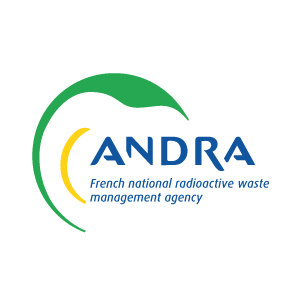PCCS: Post-Closure Criticality Safety
The Post-Closure Criticality Safety (PCCS) project is a collaborative project between Waste Management Organisations to exchange information, approaches and best practice with regards to the post-closure criticality safety of geological disposal facilities for radioactive waste.
Overview
Project Status: Ongoing
Website: N/A
The potential for a critical system to form inside a geological disposal facility (GDF) from consigned fissile material following the closure of the facility has significant implications for the safety of the disposal system. The very long timescales over which safety must be guaranteed, and the unique circumstances of the evolution of waste in a deep geological disposal context means that it is a very specialised field with a number of common challenges and issues.
The IGD-TP’s Post-Closure Criticality Safety (PCCS) project comprises a series of workshops for Waste Management Organisations (WMOs) and supporting organisations focused on the topic of post-closure criticality safety of GDFs. It brings together the respective WMOs of eleven countries and has an initial term of five years, starting in 2022.
There have been 17 workshops to date, the most recent of which was held in Budapest, Hungary in August 2025.
Objective
The objectives of the PCCS project are to:
- Enable and stimulate the equitable distribution of information concerning post-closure criticality safety between the Project Partners, thus increasing awareness of their approaches and methodologies.
- Facilitate the equitable exchange of information concerning the Project Partners’ progress on post-closure criticality safety work and related activities conducted internationally.
- Identify and enable the understanding of differences/similarities in the approaches of the Project Partners, e.g. through reference case studies.
- Provide the appropriate framework to compare individual approaches and methodologies for demonstrating post-closure criticality safety and assess their corresponding advantages and/or mitigate any potential disadvantages.
- Enable the sharing of considerations and evidence that underpin scenarios and assumptions of common interest.
- Facilitate the validation of the Project Partners’ methodologies by performing technical comparisons and reviews.
- Consolidate the technical consensus between the Project Partners while simultaneously following most up-to-date technical and scientific developments.
- Ensure that any potential contradictions in the Project Partners’ individual lines of argumentation for the criticality safety case can be discussed and the reasons leading to the observed contradictions can be understood.
- Facilitate transparent communication such that any potential discrepancies between scientific results obtained by the Project Partners can be analysed and understood, thus consolidating the technical basis of each WMO’s approach.












